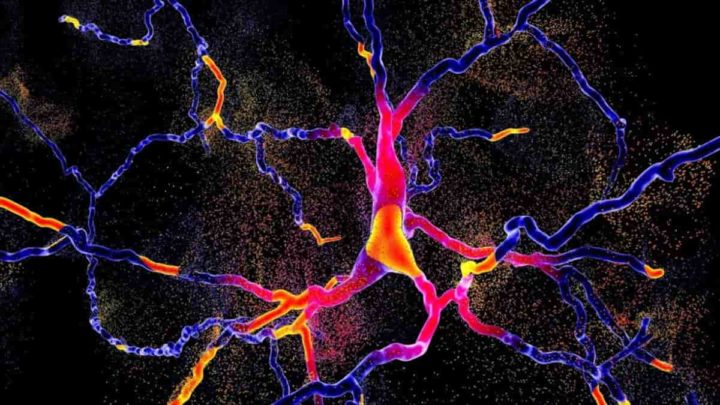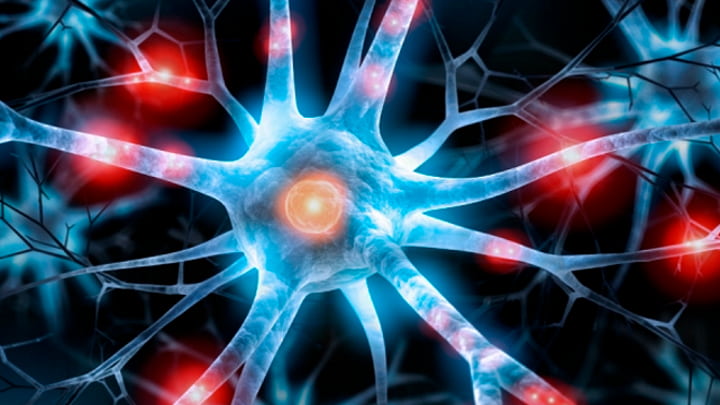Parkinson: Cambridge dá “passo vital” em direção à descoberta de uma cura
Como sabemos, apesar dos tratamentos disponíveis para aliviar sintomas, a doença de Parkinson é degenerativa e, para ela, ainda não foi encontrada uma cura. Contudo, a busca por uma solução efetiva é incessante e surgiu agora uma nova esperança.
Uma equipa de cientistas da Universidade de Cambridge deu um “passo vital” no sentido de encontrar uma cura para a doença de Parkinson.
Neurónios ineficazes geram a doença
Sendo a doença de Parkinson, atualmente, irreversível, é crucial que os estudos à sua volta não parem. Isto, para que possam ser abertas cada vez mais portas em prol de uma possível cura.
Aliás, esta nova descoberta feita por cientistas da Universidade de Cambridge abre efetivamente novos caminhos na compreensão da doença e no trajeto a percorrer até à sua solução.
A doença de Parkinson é uma doença neurológica degenerativa, de evolução lenta e crónica, que afeta o controlo dos movimentos.
Então, a investigação de Cambridge explora o papel de uma proteína chave chamada alfa-sinucleína que está presente no cérebro e desempenha um rol de papéis importantes, especialmente em sinapses. Ou seja, pequenas lacunas entre células nervosas (neurónios) que lhes permitem comunicar eficazmente umas com as outras.
De acordo com a medicina, a proteína provoca a doença de Parkinson quando se comporta anormalmente, formando aglomerados dentro dos neurónios, os corpos de Lewy. Dessa forma, os neurónios tornam-se ineficazes e eventualmente morrem.
Perceber a proteína responsável é um "passo vital"
Infelizmente, os cientistas não conheciam o normal funcionamento da alfa-sinucleína, dificultando a exploração de um tratamento.
Este estudo poderia desbloquear mais informação sobre esta debilitante doença neurodegenerativa que pode deixar as pessoas incapazes de andar e falar.
Se queremos curar a doença de Parkinson, primeiro temos de compreender a função da alfa-sinucleína. Esta investigação é um passo vital em direção a esse objetivo.
Disse Giuliana Fusco, principal autora do estudo e investigadora no St John's College, Universidade de Cambridge.

Ilustração da degeneração de neurónios dopaminérgicos, células cerebrais responsáveis pelo movimento voluntário e por processos comportamentais.
Sendo o estudo focado na proteína alfa-sinucleína, o professor Michele Vendruscolo da Universidade de Cambridge revelou que é necessário perceber o seu normal funcionamento, para que este não seja alterado com a correção da anormalidade.
Apesar da consciência relativamente a outras etapas posteriores, os investigadores acreditam que perceber profundamente esta proteína é um passo muito significativo.
Em todo o mundo, mais de 10 milhões de pessoas vivem com a doença de Parkinson que se manifesta de variadas formas. Atualmente, existem medicamentos à disposição dos doentes, para que os seus sintomas estejam controlados. Contudo, nada inverte os efeitos totalmente.
Portanto, qualquer passo dado nesse sentido é significativo.
De sugestão, deixamos-lhe uma TedTalk onde Emma Lawton partilha algumas das coisas que a doença de Parkinson lhe ensinou sobre ela própria, a vida e os outros:
Este artigo tem mais de um ano

























São óptimas noticias!Que venha em breve a cura,para está maldita doença.
“The true cause of the tremors that characterize Parkinson’s is toxic heavy metal deposits in the brain. Medical communities are never going to fully understand or even attempt to fully understand the position metals can take in the brain or how these metals interact, and this is just one reason why this information is crucial for those seeking health and healing. When there are heavy metals in the brain, these deposits can be made of many different kinds of metals: copper, lead, arsenic, aluminum, cadmium, mercury and metal alloys. The neurological symptoms that occur depend on where these metal deposits are located and what kinds of metals they are. In many cases with so many other neurological conditions, the electrical impulses and neurotransmitters firing off in the brain will hit these deposits and shoot off into other areas of brain tissue. This occurrence causes many of the most common neurological symptoms including ADHD, autism, OCD, and many more conditions. ”
Ai tens uma resposta. Tentar não custa 😉